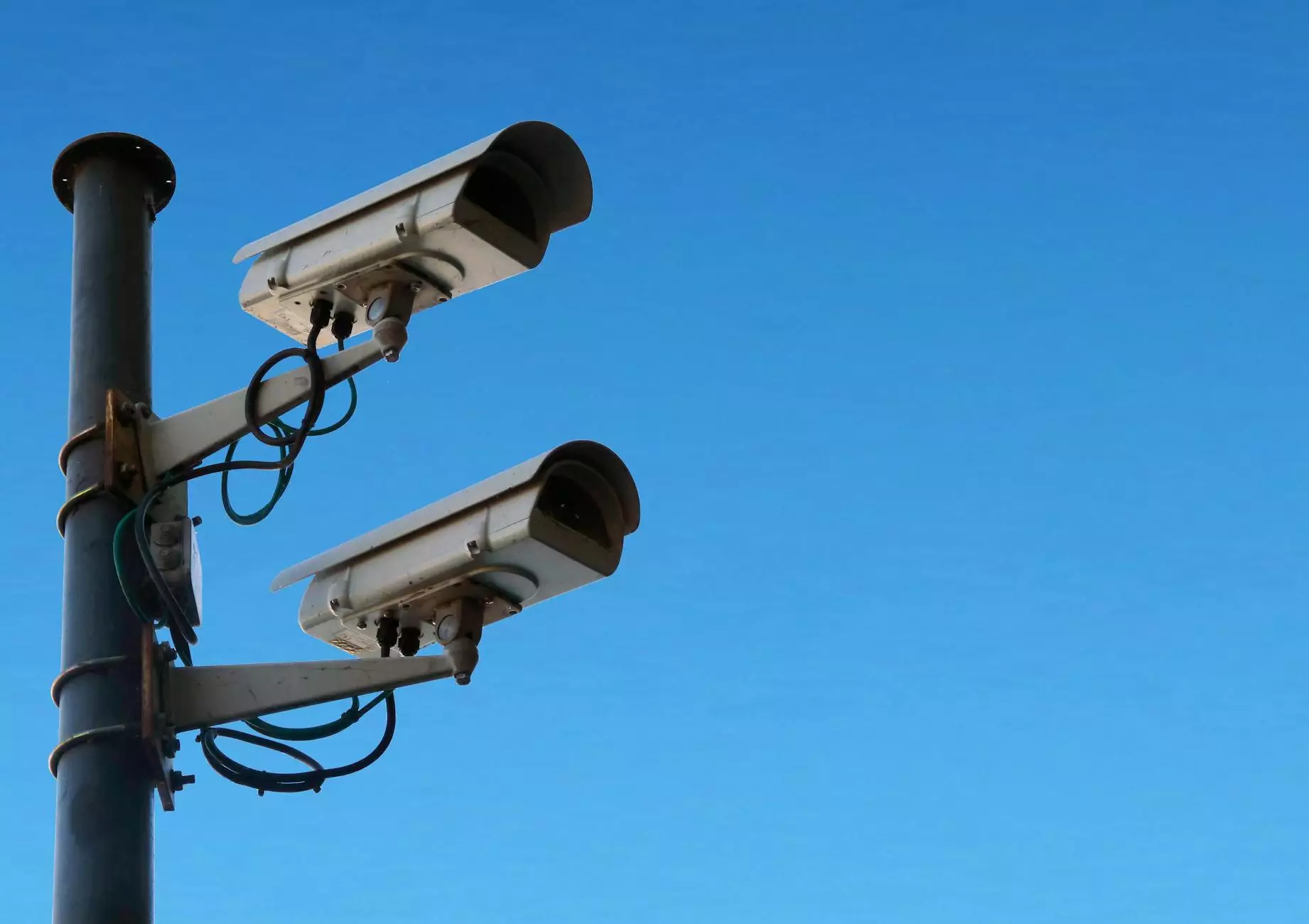Understanding United Service Animal Registration

United Service Animal Registration is a pivotal service for individuals who rely on emotional support animals (ESAs) and service animals to manage their disabilities. As mental health issues and mobility impairments continue to gain recognition in society, the importance of having the proper documentation for service animals cannot be overstated. This article delves into the comprehensive aspects of this registration process and how it benefits both individuals and communities.
What is United Service Animal Registration?
United Service Animal Registration refers to the official documentation provided to service animals and their handlers. This registration not only validates the animal's role in assisting individuals with disabilities but also allows for easier access in public spaces. Below, we explore the core components and significance of this registration.
The Role of Service Animals
- Physical Assistance: Many service animals are trained to assist individuals with physical limitations, including guide dogs for the visually impaired.
- Emotional Support: Emotional support animals provide psychological comfort to those suffering from mental health conditions, such as PTSD or anxiety disorders.
- Medical Alert: Certain service animals can detect medical conditions and alert their handlers, providing life-saving support.
Benefits of United Service Animal Registration
The benefits of registering your service animal are multifaceted. Here are some vital advantages:
1. Legal Protection and Access
Having a registered service animal can safeguard your rights under laws such as the Americans with Disabilities Act (ADA). This legal backing allows registered service animals to accompany their handlers in public places where pets are typically prohibited.
2. Facilitating Travel and Housing
Registered service animals are often recognized by airlines and housing sectors, easing the travel and living arrangements for individuals with disabilities. Documentation is vital in avoiding misunderstandings with landlords or airline staff.
3. Peace of Mind
Registration provides peace of mind to handlers, illustrating that their animal has been officially recognized as a support animal. This can alleviate potential stressors when navigating public or private spaces.
How to Register Your Service Animal
The registration process for a service animal can vary, but generally follows these key steps:
- Consultation with a Healthcare Provider: Begin the process by consulting a licensed mental health professional or medical doctor who can assess your need for a service animal.
- Gather Necessary Documentation: Collect important documents that support your disability claim, including letters or diagnoses from healthcare providers.
- Fill Out the Registration Application: Submit your application through a reputable service like unitedsupportanimals.org which provides streamlined registration options.
- Receive Your Registration Certificate: Upon approval, receive your registration certificate which serves as official proof of your service animal.
Common Misconceptions About Service Animal Registration
There are numerous myths regarding service animals that can cause confusion:
- Registration is Required by Law: While recommended, there is no federal law requiring service animals to be registered.
- Any Animal Can Be a Service Animal: Only dogs and, in some cases, miniature horses are recognized by the ADA as service animals.
- Emotional Support Animals Are Service Animals: ESAs provide comfort but do not have the same legal status as service animals.
Training Your Service Animal
Training is essential to ensure that a service animal can provide the appropriate support. Here are some key points to consider when training your service animal:
1. Professional Training Programs
Consider enrolling your service animal in a professional training program tailored specifically for service animals. These programs focus on teaching essential tasks and behavioral control.
2. Consistent Training at Home
Reinforcing training at home is crucial. Practice commands, reward proper responses, and ensure your animal understands basic obedience to enhance their skills and your bond.
3. Socialization
Expose your service animal to various environments, people, and situations to foster socialization. This will help them remain calm and focused in public settings, a vital aspect of their role.
Challenges Faced by Service Animal Handlers
Despite the benefits, service animal handlers often face unique challenges:
1. Misunderstanding in Public
Service animal handlers may encounter ignorance about their rights, leading to uncomfortable situations in public. Education is key to overcoming these challenges.
2. Access Issues
Some establishments may not understand the legalities surrounding service animals and may unjustifiably deny entry. Awareness and a valid registration certificate can be helpful in such scenarios.
3. Emotional Strain
The responsibility of caring for a service animal can lead to additional stress. Ensuring proper training and support can help ease these burdens.
Conclusion: The Future of United Service Animal Registration
As society progresses, the understanding and acceptance of service animals continue to evolve. United service animal registration plays a critical role in providing individuals with the recognition they need for their furry companions. By advocating for proper registration and training, we can enhance the lives of many and ensure that their rights are respected.
To facilitate access to essential services for individuals with disabilities, consider visiting unitedsupportanimals.org for more information on how to register your service animal today!









